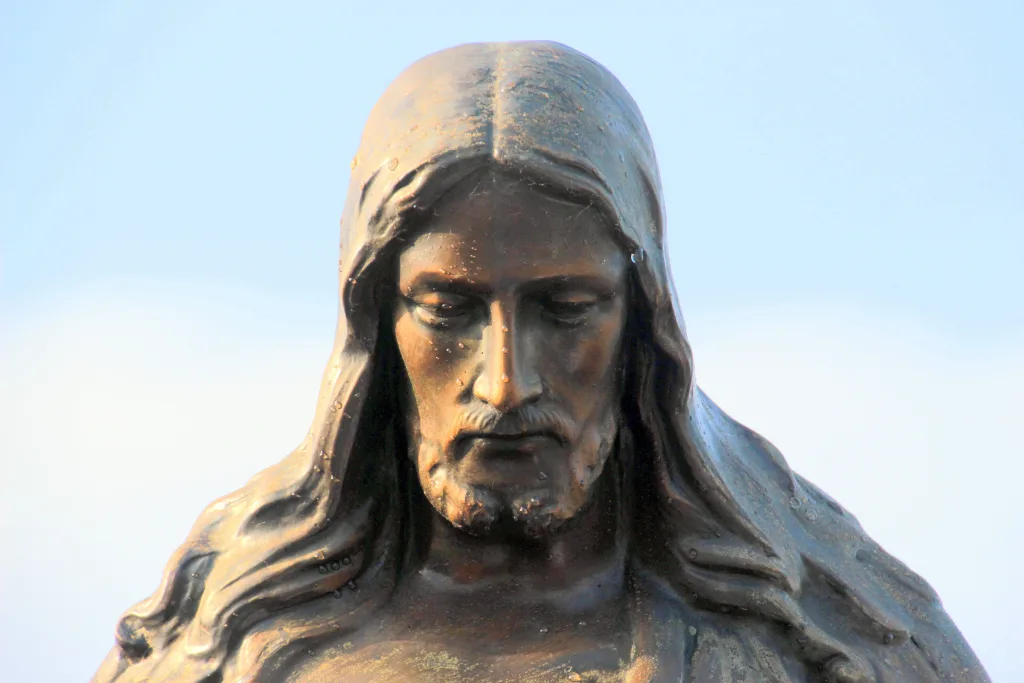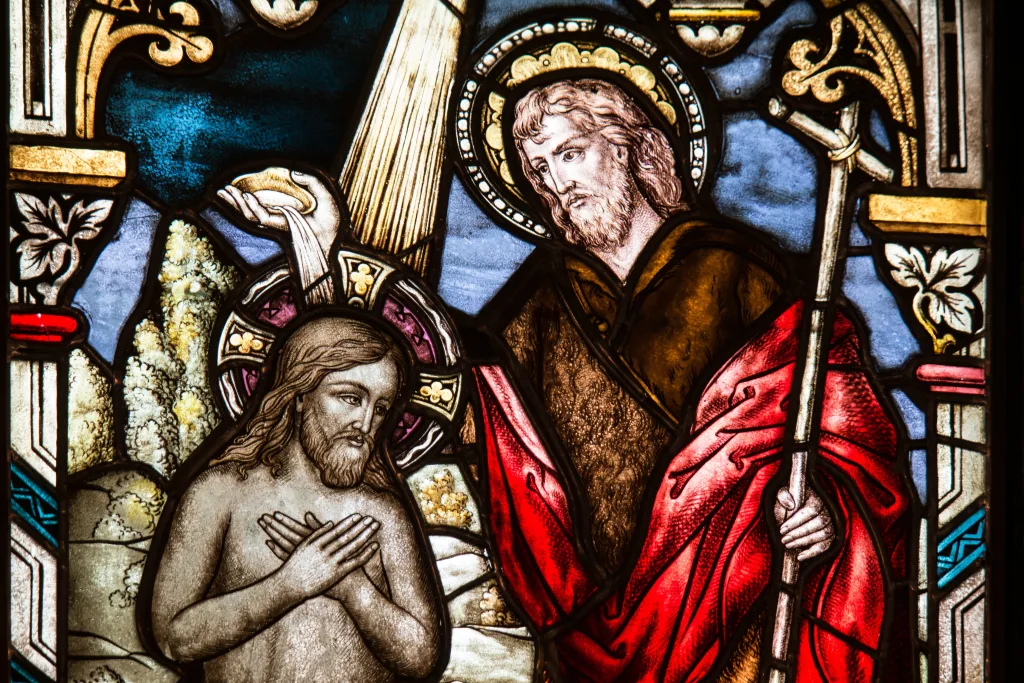How Can Jesus Be Both God and Man?

In the last two chapters we considered Jesus Christ as God and human and examined why both are so vital. Now we ask, “How can this be? How can both of these be true of one individual at the same time?” Because this is so mysterious, so hard to understand, many have denied it and concluded that either Jesus was God or he was human, but not both.
The Joining of Two Natures in One Person
The taking on of humanity is called the incarnation. The eternal Son of God, the second person of the Trinity, took humanity upon himself, in addition to his deity, and became, forever, fully God and fully human. The means of the incarnation was the virgin birth of Jesus.
Mary became pregnant through the power of the Holy Spirit, and she gave birth both to someone who had always been—the Son of God—and to a facet of him that was entirely new—the God-man, Jesus. This was foretold in the Old Testament in Isaiah 7:14, “The virgin will conceive and give birth to a son.”
Matthew quoted this verse and understood the fulfillment to be in Jesus (Matthew 1:22–23). John wrote, “The Word [Christ] became flesh and made his dwelling among us” (John 1:14).

The incarnation is key to our faith for a number of reasons. One is that as a result, we can understand God much better. For example, John 1:18 says, “No one has ever seen God [he is spirit and therefore invisible], but the one and only Son [a clear reference to Jesus, see v. 14], who is himself God and is in closest relationship with the Father, has made him known [explained him].” When we look at Jesus in the Gospels, we are looking at God. This is a tremendous advantage in seeking to comprehend who God is.
Another reason for the incarnation’s importance is that it tells us of God’s desire to be near to and involved in his creation (immanence), so much so that he became a part of his creation when the Son took a created thing—a human nature—upon himself forever. As we have already seen, both natures, divine and human, were necessary in order to provide the needed and sufficient sacrifice for sin. All this speaks of God’s marvelous love for those whom he created in his image.
The theological term for the result of the incarnation is hypostatic union, which refers to the union of two natures in one person (the Greek word is hupostasis). This one person is fully God and fully human (not half God and half human, or part God and part human).

One key text that speaks of this union is Philippians 2:1–8. Here Paul encourages persecuted Christians to be in unity, and he gives them Jesus as the great model to follow: “Have the same mindset as Christ Jesus” (v. 5). He goes on to describe Jesus, using very precise terms:
Who, being in very nature God [a clear reference to his deity],
did not consider equality with God something to be used to his own advantage;
rather, he made himself nothing
by taking the very nature of a servant [God, serving us! (Matthew 20:28)],
being made in human likeness [likeness refers to similarities and differences: Jesus was truly human, but he was also God].
And being found in appearance as a man [appearance refers to outward form, meaning that Jesus looked like any other human because he had a body like any other human],
he humbled himself
by becoming obedient to death—
even death on a cross!vv. 6–8
Back, then, to our main question: How can this union be? It is a mystery, and neither I nor any other person fully understands it, much less can explain it. Ultimately we accept it because it is what Scripture teaches. But there are some other truths that will help.
A Bit More Clarification
First, the incarnation does not mean that Christ gave up any of his divine attributes. Some have tried to argue (from Philippians 2:7) that this is what he did. Paul says he “made himself nothing” [literally, “emptied himself”]. However, if he gave up divine attributes, he gave up his deity altogether.
A divine nature is the sum of all divine attributes, and God can’t cease to be God any more than we can cease to be human (we are who we are by nature). Rather, “made himself nothing” is best understood as a reference to Christ’s willingness to humble himself, by leaving the glories of heaven and his Father’s immediate presence, and identifying himself with his sinful and lowly creatures, humans (v. 8), living here among us and dying for us.

Second, even though Jesus did not give up any divine attributes, after the incarnation he did limit the exercise of some of them. “Made himself nothing” may imply this. For example, there are references to his doing things in the Holy Spirit’s power (Matthew 12:28; Luke 4:14; Acts 10:38). Why? As God, he had the same unlimited power as God’s Spirit. So this was likely a part of his identifying with us; humans are not omnipotent and need to rely upon God’s power.
Similarly, Jesus himself said he could do nothing apart from his Father (John 5:19, 30). Jesus was not saying he was no longer omnipotent. Rather, it speaks of his submission to his Father’s will (John 6:38). There were also some things that, as a human, Jesus did not know, even though, as God, he is omniscient (Mark 13:32). So in his deity, Jesus could do anything and knew everything; in his humanity, he experienced weakness and dependence and did not know all things. Truly mysterious!
AMAZING FACT
Twice above, I emphasized the word forever in reference to Jesus’ becoming human. Some people think the Son of God’s dual nature lasted thirty years or so, but when Jesus left earth and returned to his Father, he left his humanity behind. That is not the case—the incarnation was never reversed! This demonstrates the extent of Christ’s love for and willingness to identify with humans. Accepting a human nature, with all of its weaknesses and limitations, was an astonishing act of humiliation on the part of infinite, omnipotent God. It would have been amazing for him to do it for a mere few decades—how amazingly amazing that he was willing to do it forever.
Aaron, D. (2012) Understanding Theology in 15 Minutes a Day. Minneapolis, MN: Bethany House Publishers, pp. 104–107.





One Comment